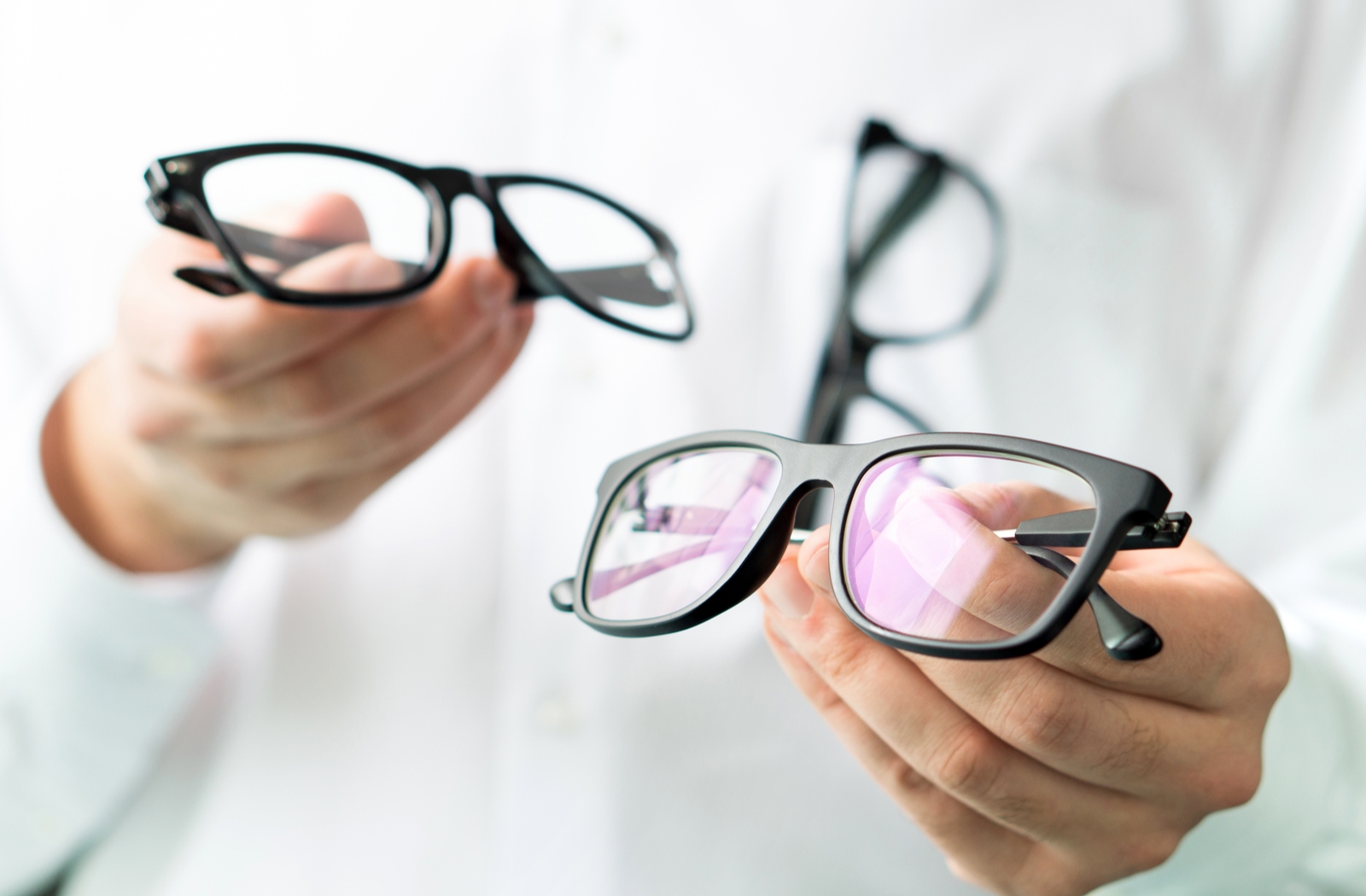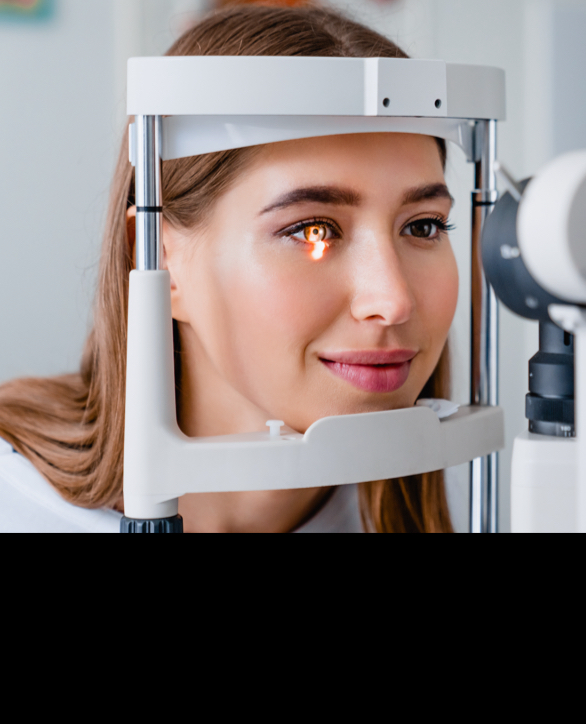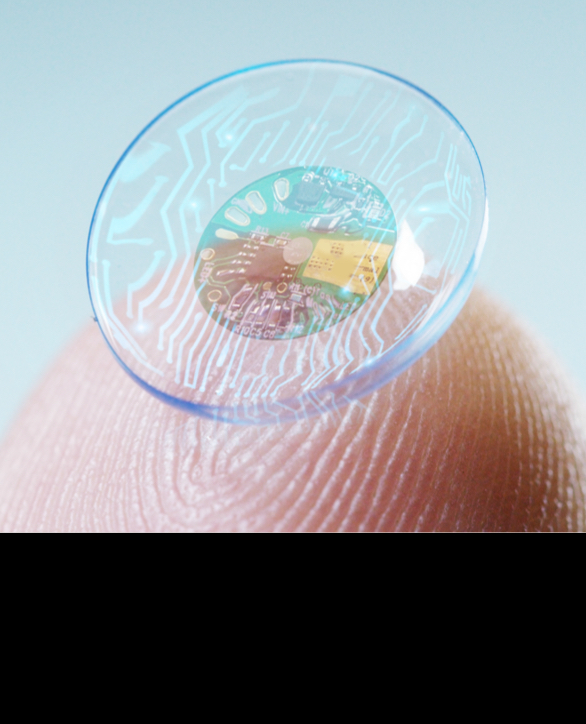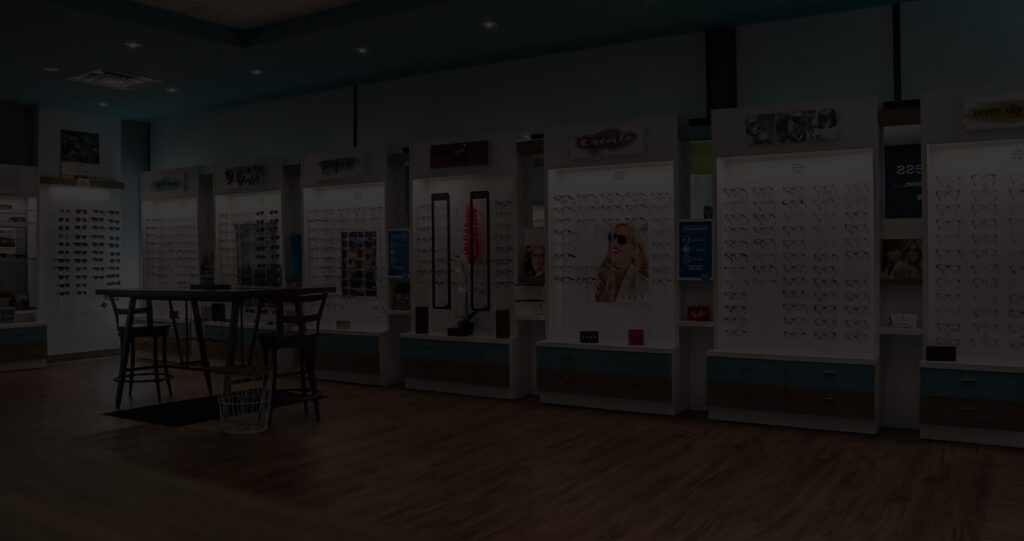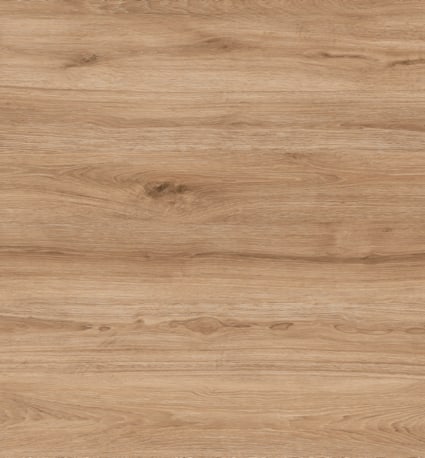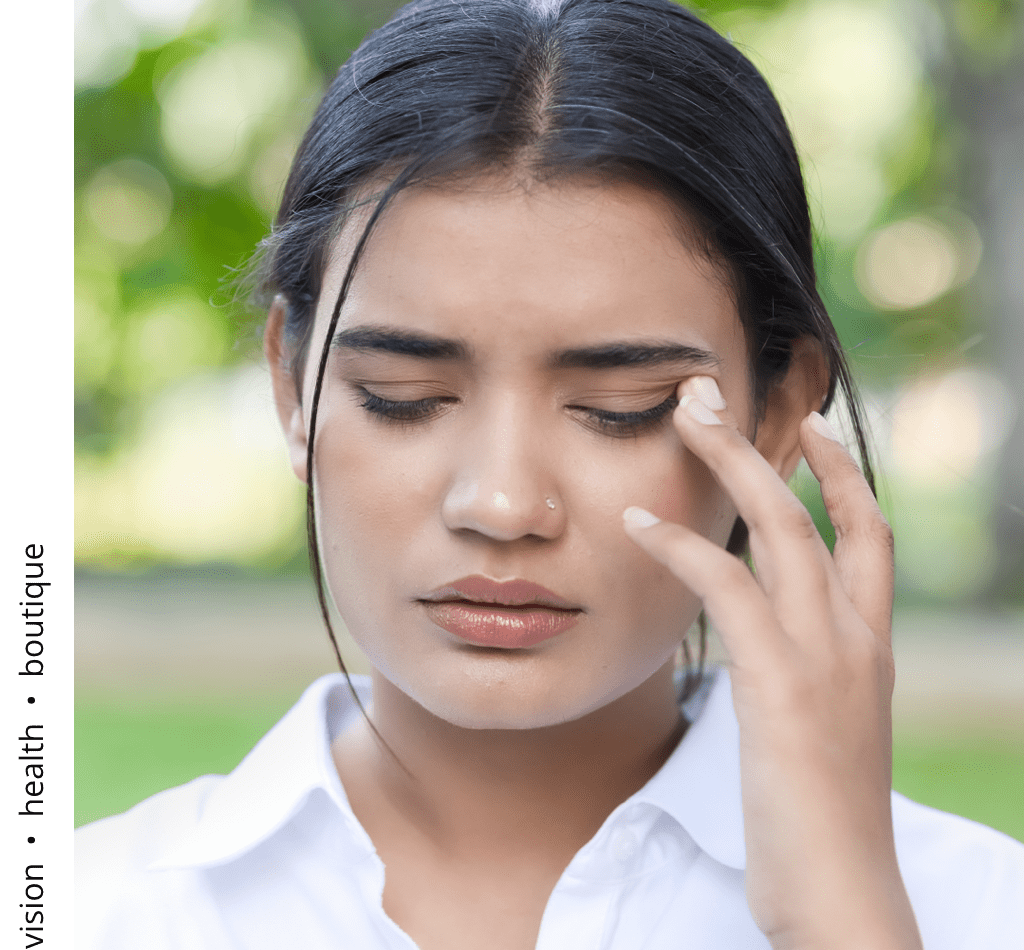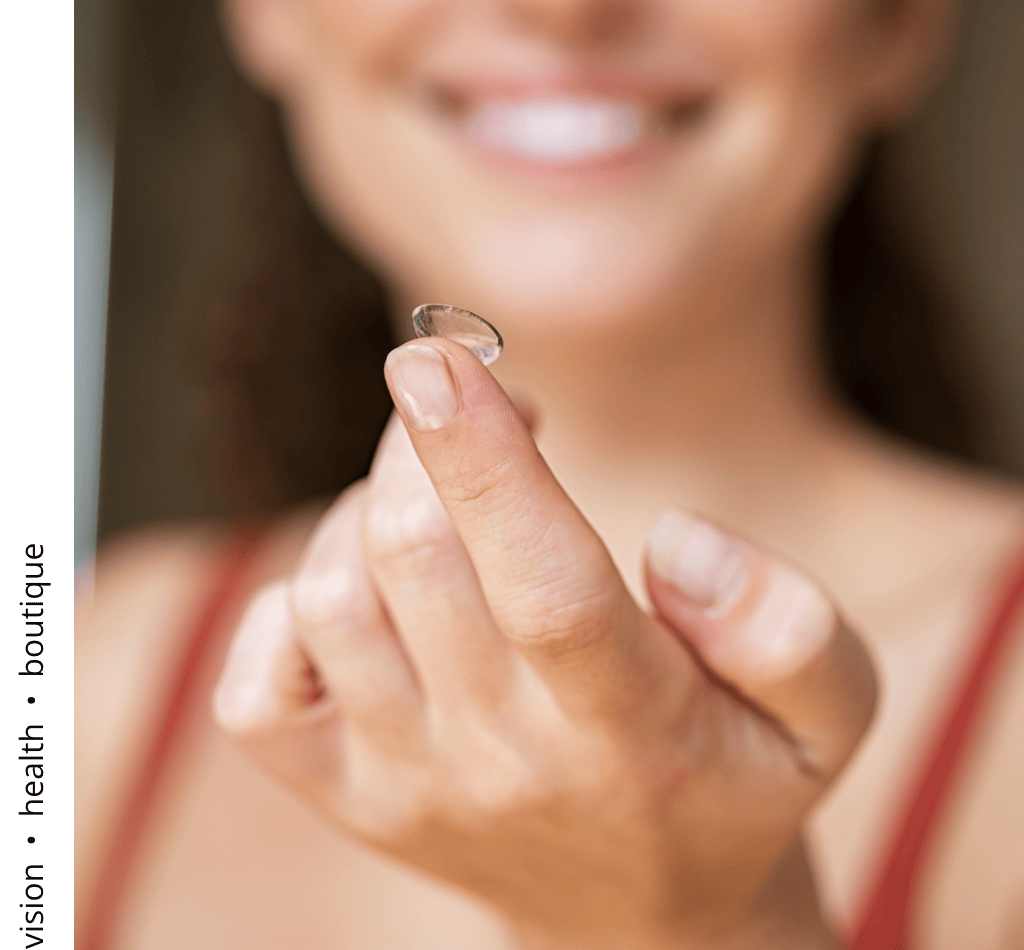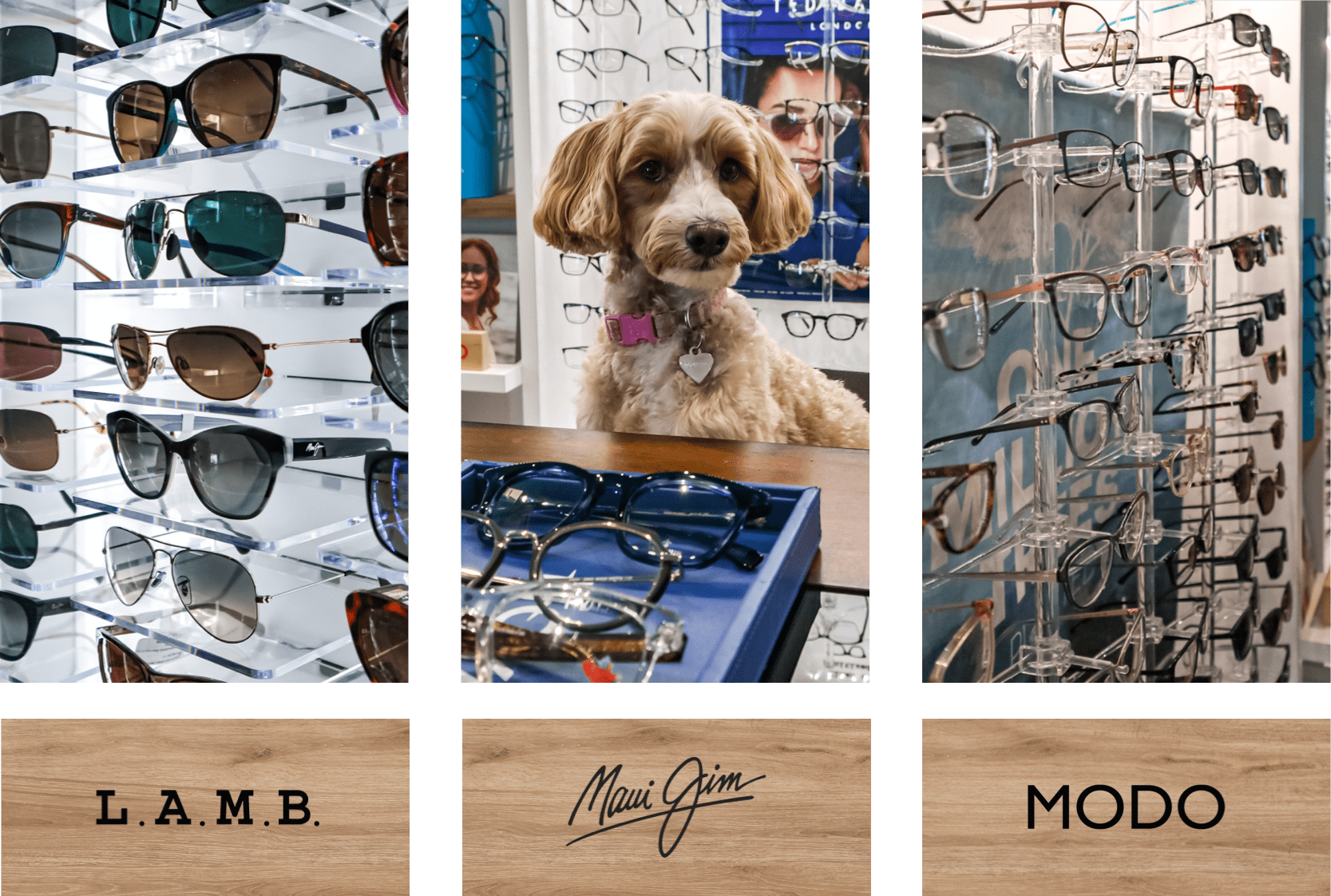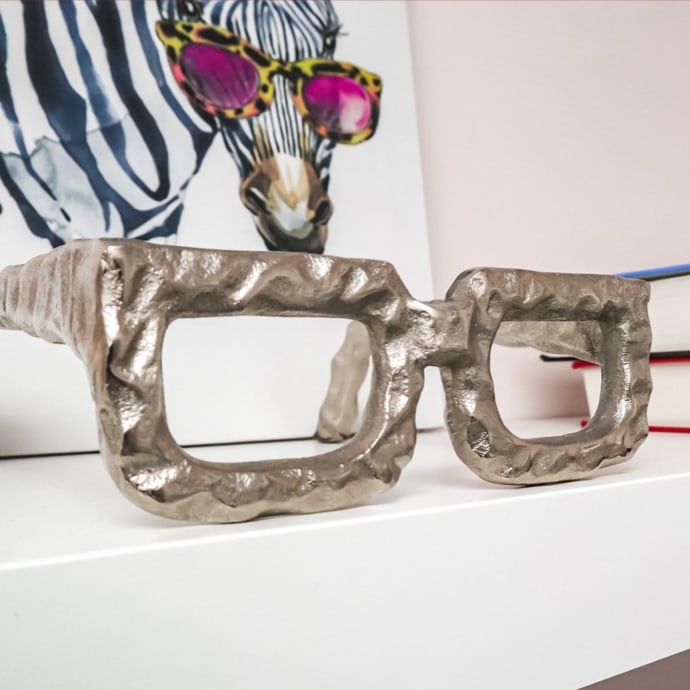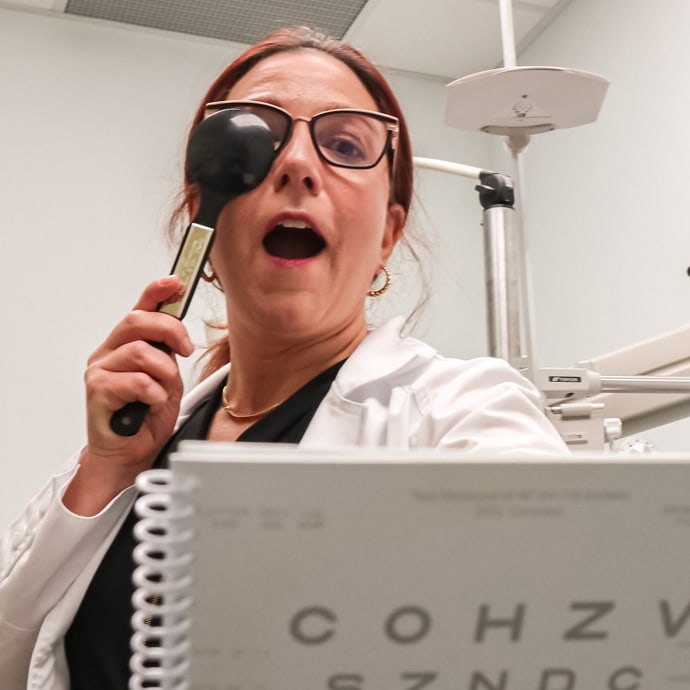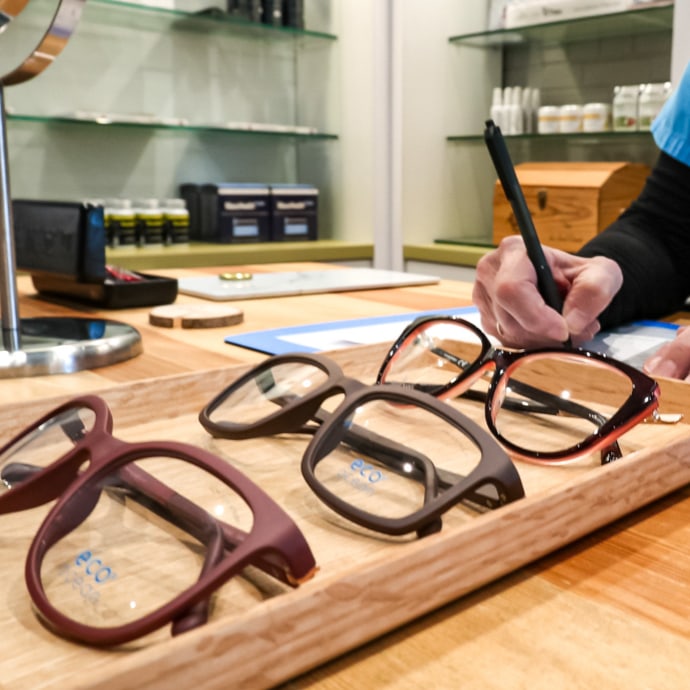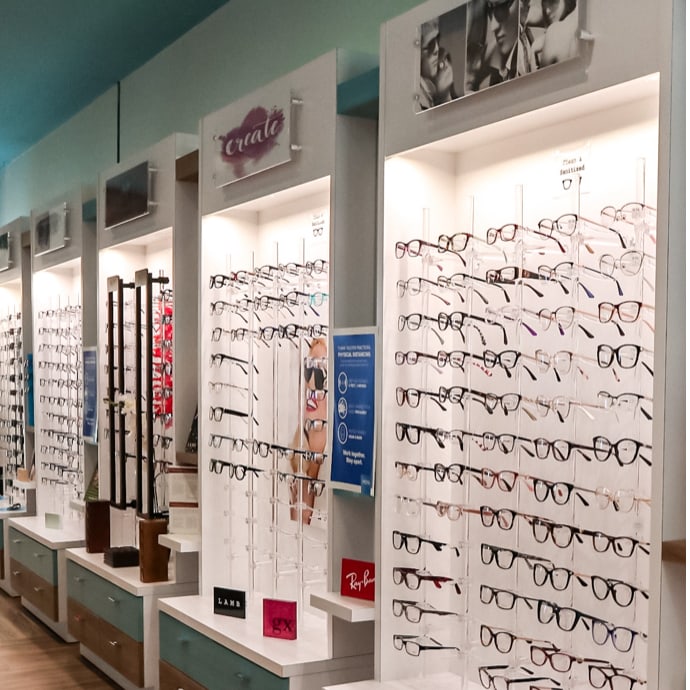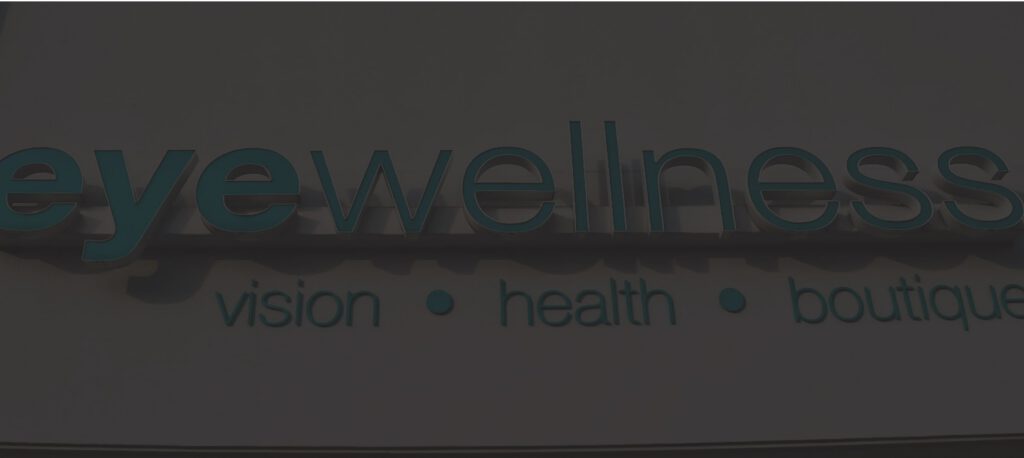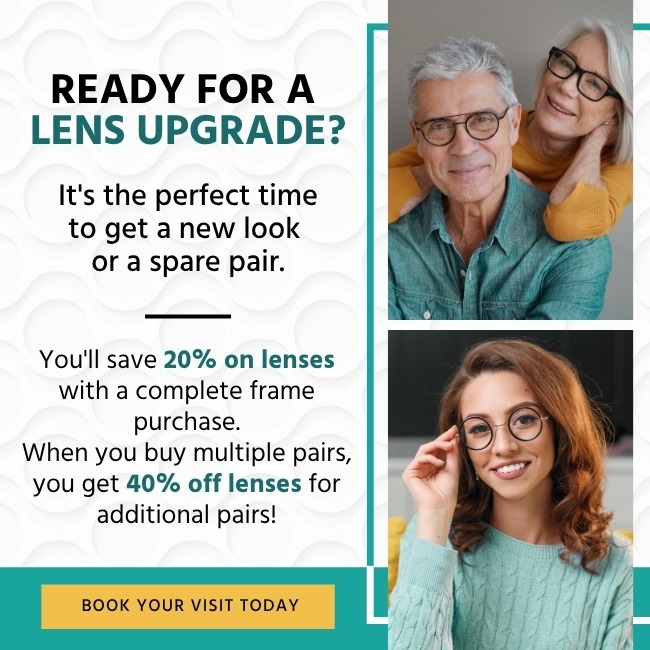When it comes to choosing your glasses, it may feel like the options are endless. You’ve painstakingly looked through a myriad of different frames and settled on the ones that best suit your aesthetic—only to be offered an array of lens coatings.
You don’t need to feel overwhelmed by all the options presented. Knowing the basics of popular lens coatings can help you feel prepared before your next optometrist appointment.
Lens coating options can include:
- Anti-reflective coating
- Anti-fog coating
- Blue light filtering coating
- UV protective coating
- Scratch-resistant coating
So what’s the best lens coating for glasses? The best lens coating can depend on your vision needs and individual preferences. Our eyewear experts on staff will be more than happy to explain the benefits of each lens coatings at your next visit.
Let’s break down some of the most common and useful coatings that can be applied to your lenses.
Anti-Reflective (AR) Coating
Anti-reflective coating helps you both see and be seen better. Without this coating, the light that reflects off your glasses can render it difficult for those looking at you to see your eyes. Cosmetic and communication concerns aside, the reflection of light can also interfere with vision.
AR coatings are applied to both sides of your lenses, so light is also prevented from bouncing back into your eye. These coatings allow you to take in as much light as possible without the distractions of glares.
Anti-reflective coating can be particularly beneficial if you spend lots of time on the computer or driving at night.
Anti-Fog Coating
If you’ve ever walked into a warm building from a chilly winter day, you know that the subsequent fogging of your glasses can make you feel like you’re dropped a sheet over your eyes. If you weren’t longing for the visual experience of a half-finished ghost costume on Halloween, you might want to invest in an anti-fog coating on your lenses.
Fogged-up glasses aren’t only a byproduct of winter days, either. Condensation can occur when you’re exerting yourself during exercise or while wearing a face mask, as many of us have discovered since 2020.
Anti-fog coatings work by introducing a coating that gets in the way of the water droplets forming together to create condensation.
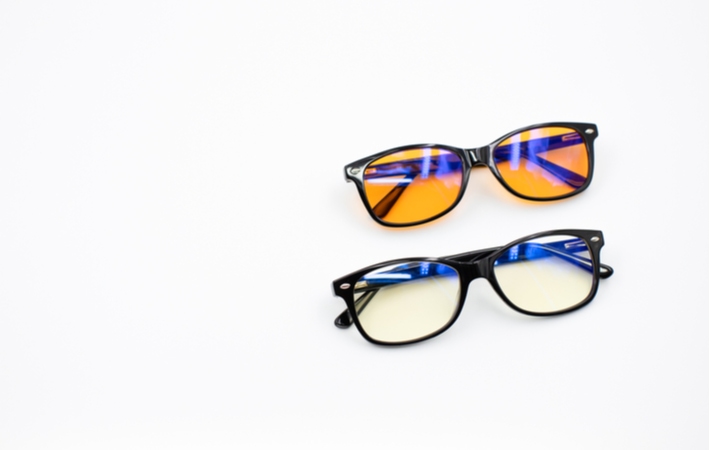
Blue Light Filtering Coating
Blue light is a part of the visible light spectrum. It consists of short, fast-moving waves and sits near the ultraviolet rays on the light spectrum.
The sun is by far the biggest producer of blue light, but our digital devices and LED lighting emit blue light, too. Blue light may have a part to play in digital eye strain.
While blue light serves the purpose of keeping us alert during the day, too much blue light exposure can interfere with our circadian rhythms, making it difficult to fall asleep.
A blue light filtering applied to your glasses can shield your eyes from an excess of blue light and may even help you have a good night’s sleep with ease.
Ultra Violet (UV) Protective Coating
UV protection isn’t just for sunglasses. UV rays can harm your eyes, increasing the risk of cataracts, age-related macular degeneration, and eye cancer.
There are 3 types of UV Rays:
- UVA Rays: the majority of UV rays that reach the ground, making up 95% of the UV rays we’re exposed to. They are not filtered by clouds or windows.
- UVB Rays: UVB rays are directly harmful to DNA and are most responsible for sunburns. Partially absorbed by the ozone layer.
- UVC Rays: The most harmful of all UV rays. Fortunately, UVC rays are completely filtered out by the ozone layer, so the only sources of this wavelength are man made (i.e. welding torches, mercury lamps)
Look for a UV coating that offers 100% protection from UVA and UVB rays, so your eyes are protected at all times throughout the day.
Scratch-Resistant Coating
Accidents happen, and there’s little that’s more frustrating than fumbling your glasses, only to pick them up and find a scratch right across your field of vision. Nearly anything can scratch lenses—even using the incorrect cloth to clean them.
It should be noted that nothing can make your glasses absolutely scratch-proof. It’s always necessary to take good care of your glasses by using the appropriate cleaning cloth and storing them in a protective case when they’re not on your face.
While scratches likely won’t impact your vision long-term, they can be distracting and degrade the quality of your lenses. Use scratch-resistant coating to bolster your lens’s lifespan.
Seek Expert Advice
When choosing the right lens coating for your lifestyle, you don’t have to go it alone. The friendly staff at Eye Wellness is on hand to help you make the best choice for your vision. Ask about lens coatings when purchasing your next pair of glasses.


